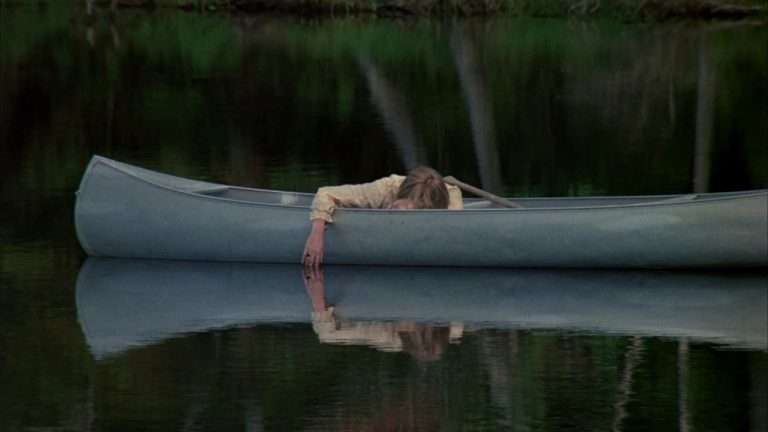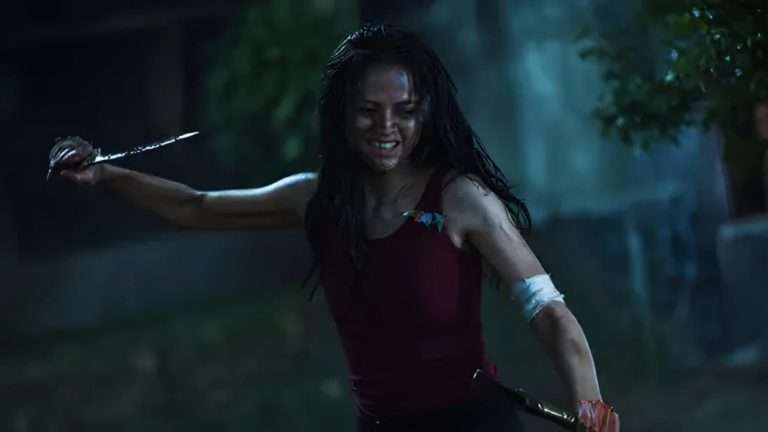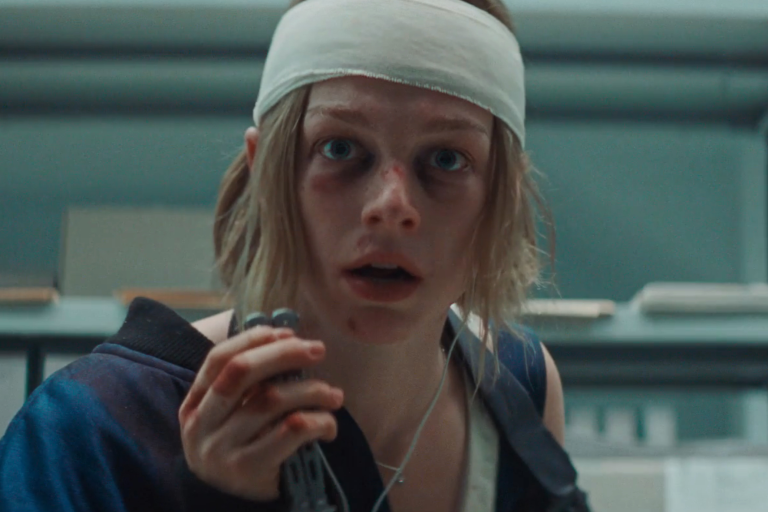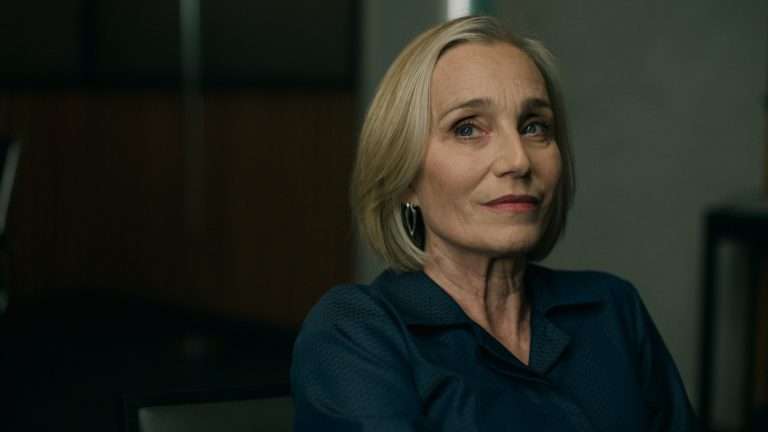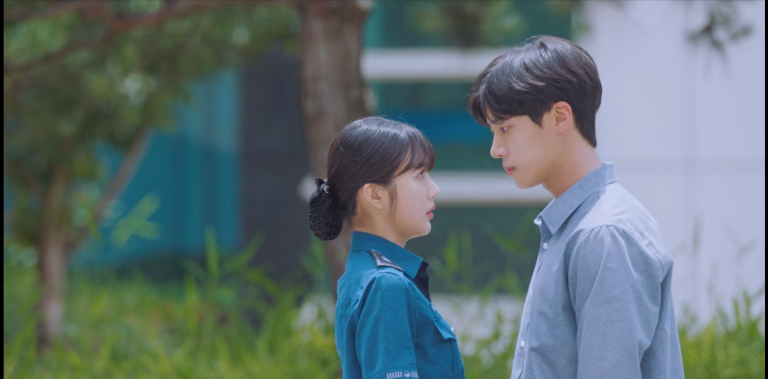Film criticism is one of the critical jobs in the film industry. A film critic is a person who shares his critical analysis of the film itself and acts as an intermediary between the filmmaker and the audience. He conveys the film, message, and intellect to the filmgoers. Throughout film history, we can find film critics with quintessential influence on the film industry, who shaped the course of film production, filmgoing, and storytelling. From giants like Roger Ebert and Pauline Kael to modern-day critics, who share their opinions in a more democratized manner in various internet web portals, film criticism or journalism has come a long way. The new Spanish documentary The Critic or El Critico shares the life story of such a critic, who devotes his passion for cinema through his writing about films.
The Critic tells us about the legendary Spanish film critic Carlos Boyero. Both loved and hated, this former film critic is famous in Spain for his opinions about films. Though he is knowledgeable about cinema, literature, and music, he is often disregarded as incompetent for film criticism despite his talent for writing. This article is intended to talk about the documentary in detail. So, be aware, as it will be full of spoilers.
El crítico (The Critic): The Overall Story of Carlos Boyero
The Critic opens with the introduction of Carlos Boyero attending the 2021 San Sebastian Film Festival. Boyero is on the verge of retiring from his job as a film critic and the documentary explores his 4-decade-long career via interviews with his fellow critics, editors, and filmmakers.
At first, Boyero explains his childhood days with his parents. He talks about his father and how he was indifferent toward him and his mother. At the age of nine, he was admitted to a school for priests, a time that marked his personality and of which he has terrible memories. He was expelled several times, and the priests came to say that he would end up being a criminal. Faced with the situation, he started to take refuge in books and movies.
Later he was enrolled at the Complutense University of Madrid. There he met a bunch of movie freaks trying to make their films. Though he mingles with the group at the college, he was not serious about anything during that time. He usually spent his days playing poker and drinking alcohol.
Due to budget restraints, his batchmates, trying their hand at filmmaking, often cast Boyero in their short films. Though he resented that later, that became his first active participation in films. His friends noticed his writing capabilities, and one of them, Fernando Trueba, who worked as a film journalist asked Boyero to come to film writing, and thus he became a film critic.
After becoming a critic, he becomes a sensation in the Spanish film industry due to his confronting reviews. Due to this irreverent attitude, he got friction and ended up having fights with various friends and colleagues. Most notoriously, his fight with acclaimed film director Pedro Almodovar is quite well known.
The documentary ends with the diminishing status of Boyero in recent times after the democratization of media due to the internet boom. With that, the documentary asks a crucial question at the end – does a film critic’s job still matter? Though it can’t give direct answers to the audience, it clarifies that the films will be there for us. And people will not stop talking about it. Maybe the era of revering critics is now on the verge of collapse, but the Boyeros will remain to share their honest opinions.
El crítico (The Critic): Boyero the Personality
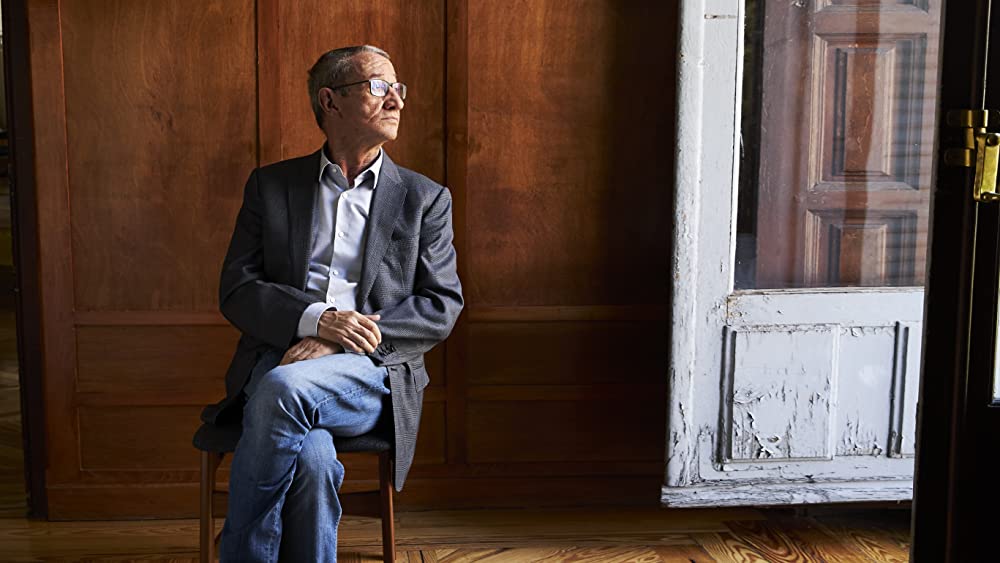
The Critic explores the personality of ‘the critic’ Boyero and the human Boyero. The two personas are pretty contrasting and contradictory as Dr. Jekyll and Mr. Hyde.
While he is writing, he doesn’t care about the outside world. He shares his opinion in a confronting manner. He doesn’t explain to the readers why he doesn’t like it or like it. He tells what he feels.
Also, misogyny and sexism are prevalent in his writing, and he is often accused of spreading the wrong message to the readers. In 2007, a petition was signed by various critics and filmmakers against him, accusing him of not performing his duty correctly after he rushed out of a screening of Abbas Kiarostami’s Shirin.
But on the other hand, the human ‘Boyero’ is much more loveable. Though he has differences with his colleagues over time, he always shares a special bond with them. The documentary contains the dinner between Boyero and his colleague Oti Rodríguez Marchante. With that conversation, one can find how caring and vulnerable Boyero is behind his irreverent attitude.
Concluding Thoughts:
Watching the documentary made me think of myself more than anything. Like Boyero, I also do not have any formal education about film, nor do I have any kind of degree in film studies. But in this age of the internet, I can share my opinion about movies. Like Boyero, I try to share my honest thoughts about cinema and I connect a lot with Boyero’s work as a film journalist.
But here, the critical question comes. Will it become possible if the internet boom had not occurred? The answer is a straightforward no.
Thus, people like Boyero were treated as rock stars during a time when the internet was not a common commodity. Cinephiles waited for their articles to have a conversation with the film. Nowadays, there is no need to wait for reviews as everyone can share their interpretations and opinions on various platforms.
And most importantly, hardcore movie criticism, which worked as a piece of art in itself, is sinking nowadays. Nobody is reading the deep dives in hardcore film criticisms today. Instead, they are more interested only in the rants about movies trending on social media. So, the question becomes crucial here – is movie criticism dying?
The documentary can’t give any straightforward answer to that. But it is true that as cinema exists, people can’t help but talk about them. The old way of film criticism is surely on the decline, but people will find new ways of talking about films. In the last scene, Boyero is asked if he will write about films again. He states that he still loves movies and he will be happy to come back writing any time. Though he is not adaptable to changes in time. This statement can be seen as a glimmer of hope for finding new ways to celebrate cinema and loving it. And who knows if it is the time when the emergence of new Boyeros is on the rise.


